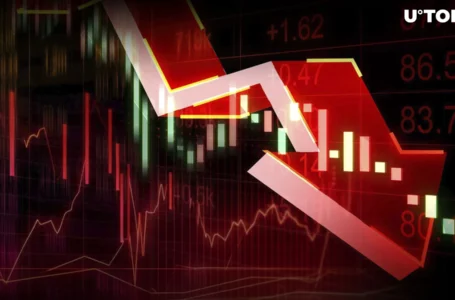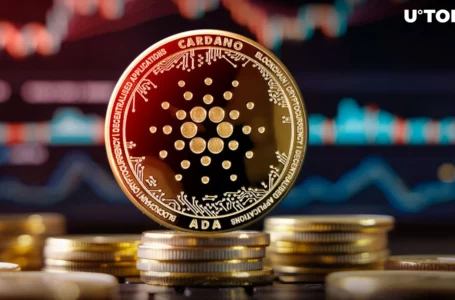
In a lengthy analysis, blockchain researchers explored the benefits and drawbacks of Ethereum (ETH) having several block proposers. A novel approach would safeguard transactions from being filtered by rogue validators, but it requires more technical and economic considerations.
Multiple Ethereum (ETH) block proposers to prevent censorship: Research
Max Resnick, chief researcher at SMG, and Mike Neuder of the Ethereum Foundation published the Concurrent Block Proposers in Ethereum thesis yesterday, on February 23, 2023. The article discusses the potential for raising the number of proposers in a single PoS Ethereum (ETH) slot.
As of now, a block proposer has unilateral control over the transactions contained in a 12-second slot. As a result, it can change the list of transactions, making the second largest blockchain susceptible to censorship.
In contrast, with two proposers, there are four conceivable outcomes for a block slot, ranging from both proposers successfully sharing their blocks to neither proposant providing a block.
https://x.com/ethresearchbot/status/1761060838549455341?s=20
This variant influences the blockchain’s fork selection and necessitates changes to current methods such as proposer boost. A malicious entity owning both proposers in a slot may attempt to break the chain by manipulating the timing of block proposals, however the likelihood of this occurring diminishes exponentially as the number of needed malevolent proposers rises.
As a result, the cost of censoring rises with each additional proposer active. However, given the nature of Ethereum’s slot, block, and attestation design, the issue of transitioning to numerous proposals need more engineering and economic study.
Ethereum (ETH) validator design might change in 2024
Furthermore, the researchers emphasised that the importance of a future upgrade to low-priority (“censored”) transactions is an unresolved topic.
As previously reported by U.Today, Ethereum (ETH) may undergo more validation design modifications in 2024 following the Dencun update.
Yesterday, on February 23, it was reported that the issue of validator deposits has been put to the agenda of the Electra hard fork, which is planned to take place between Q4 2024 and Q1 2025.


















